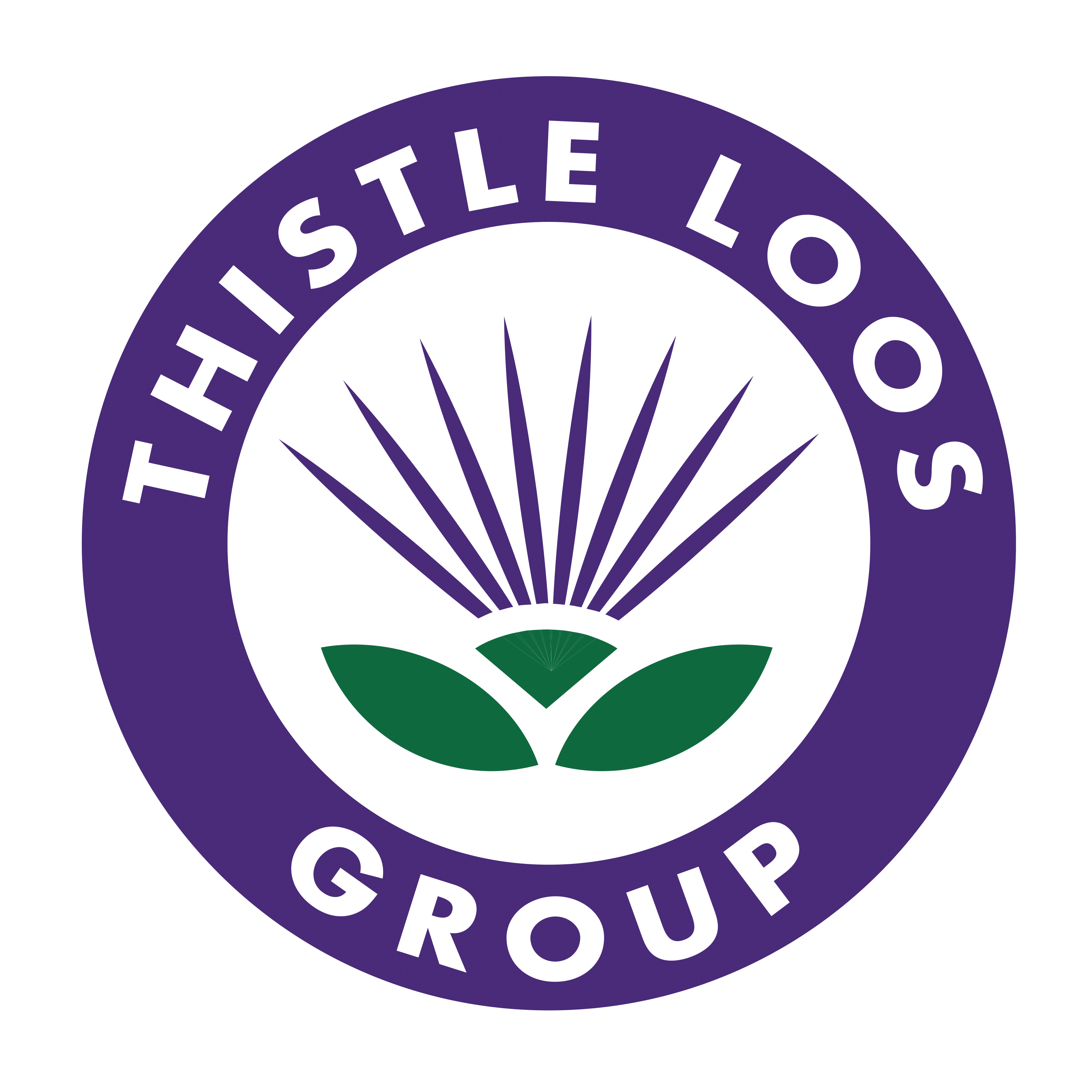When it comes to septic tank systems, adhering to UK regulations isn’t just about legal compliance – it’s about safeguarding the environment, public health, and your property. At Thistle Tanks, we understand the complexities of septic tank regulations and the critical role they play. In this comprehensive guide, we’ll walk you through the key UK regulations for septic tanks, provide actionable steps for compliance, and share best practices for effective septic tank management.
Key UK Regulations for Septic Tanks
The regulatory landscape for septic tanks is designed to prevent pollution and promote responsible waste management. Some of the key regulations you should be aware of include:
General Binding Rules (GBRs)
These are rules that apply to small sewage discharges from septic tanks and other small-scale sewage treatment plants. They outline the conditions under which you can discharge treated sewage to the ground or surface water.
Environmental Permitting Regulations
If your septic tank discharges more than a certain volume or you’re discharging to sensitive areas, you may need an environmental permit.
Compliance Steps for Septic Tank Owners
Ensuring compliance requires proactive efforts on your part. Here are steps you can take to remain compliant:
1. Registration: If your septic tank discharges to surface water, you must register it under the GBRs.
2. Regular Monitoring: Keep an eye on your septic tank’s performance and ensure it’s not causing pollution.
3. Maintenance: Regular maintenance is crucial. Arrange for professional inspections and emptying when needed.
4. Reporting: If you’re discharging more than a certain volume, you need to submit data to the Environment Agency.
Best Practices for Septic Tank Management
While compliance is a legal necessity, responsible septic tank management goes beyond that. Consider implementing these best practices:
Regular Inspections: Schedule professional inspections to identify issues early and prevent costly repairs.
Proper Waste Disposal: Only flush waste and materials that are biodegradable and safe for septic systems.
Water Conservation: Conserve water to reduce the strain on your septic tank and improve its longevity.
Avoid Harsh Chemicals: Harsh cleaning chemicals can disrupt the natural balance of your septic tank.
Benefits of Proper Septic Tank Maintenance
Adhering to regulations and practising effective maintenance offers numerous benefits:
– Environmental Protection: Properly managed septic tanks prevent pollution of water sources.
– Cost Savings: Regular maintenance prevents expensive repairs and replacements.
– Property Value: A well-maintained septic system can enhance property value.
– Health and Safety: Compliance contributes to public health and safety.
Septic Tanks at Thistle Tanks
Here at Thistle Tanks we pride ourselves on efficient service. We provide effluent tank hire, septic tank and cesspit emptying for all your needs. Thistle Tanks has decades of experience emptying septic tanks and cesspits, helping our domestic and commercial clients prevent potential issues. Contact Thistle tanks today and let us help you.

